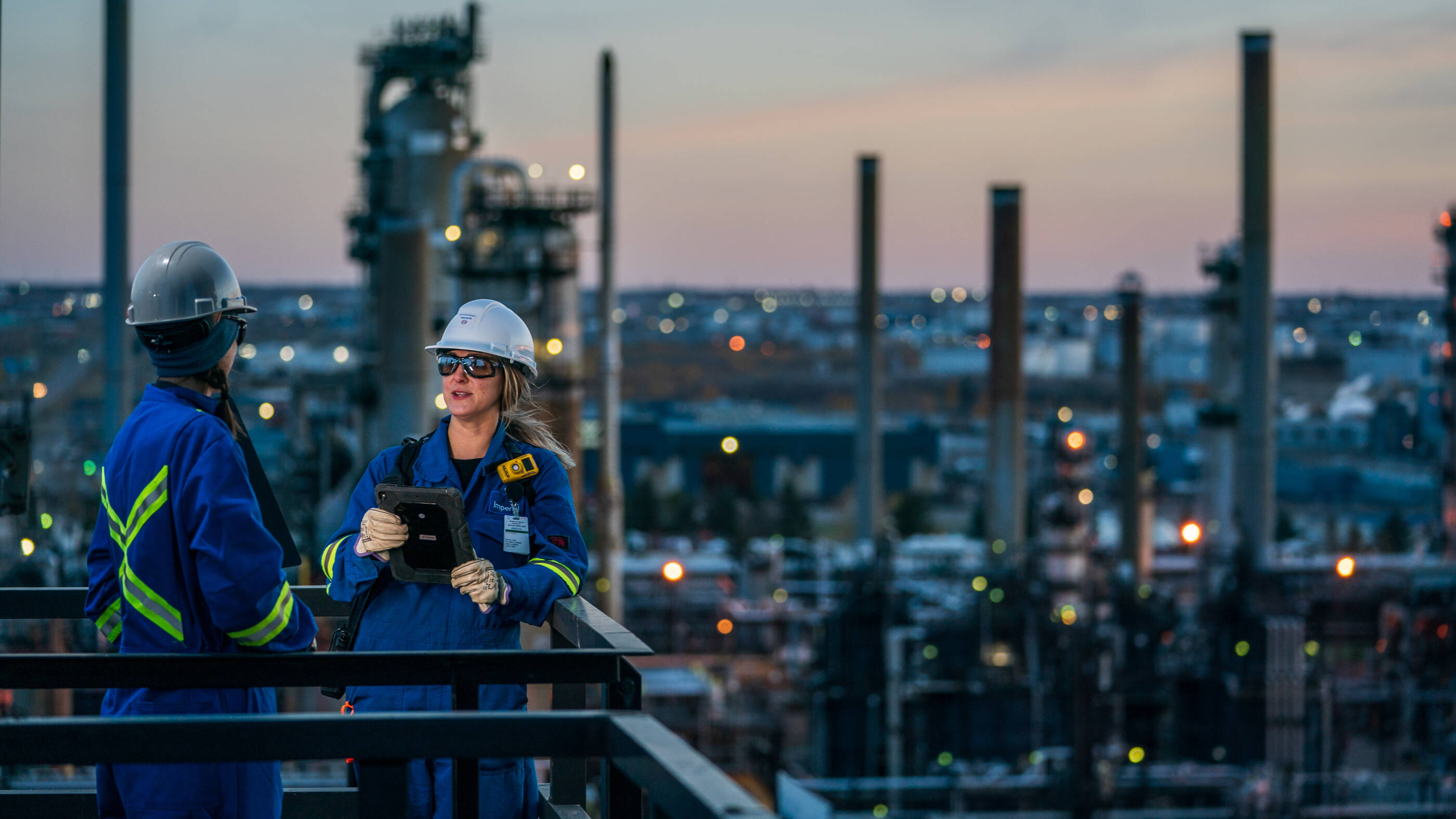selected item
Let’s deliver sustainable aviation fuel – with our existing infrastructure in France
- Global air travel demand is increasing.
- Sustainable aviation fuel (SAF) presents an opportunity to reduce emissions.
- Co-processing can help accelerate the energy transition.
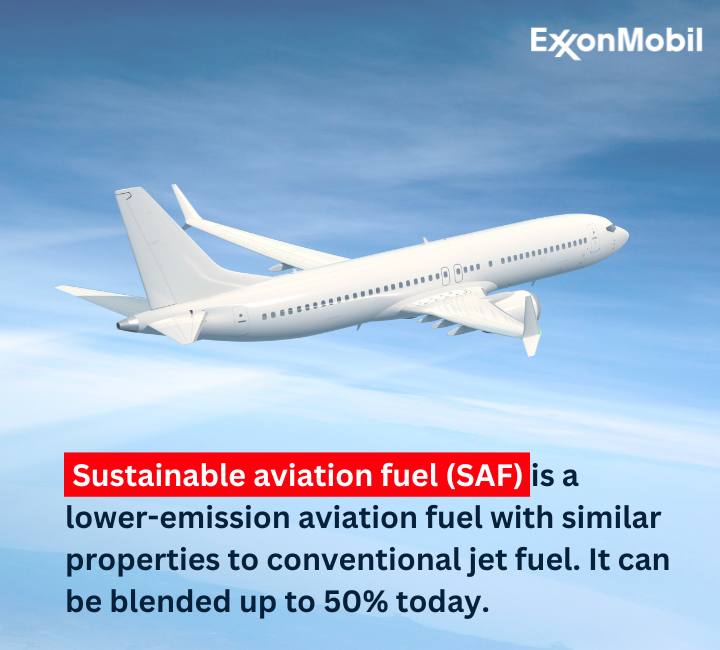
Reducing emissions in the airline industry presents a significant challenge.
Airplanes rely on liquid fuels, and the International Air Transport Association expects global air travel to increase by more than 3% annually. So we need to balance the world’s demand for safe and reliable air travel with emissions-reduction goals.
So what are we doing about it? Well, for the better part of the past 18 months, we’ve been performing trials to produce sustainable aviation fuel (SAF) and other biofuels at our Gravenchon refinery in France.
Following these trials, we produced a batch of SAF – a first in our company’s history – last month.
And that’s just the beginning. There’s plenty more to come.
Brought to you by existing infrastructure
Using our existing infrastructure and experience in traditional refining, we’re uniquely positioned to produce lower-emission fuels (LEFs) at a scale that can support the European Union’s ambitions to reduce CO2 emissions.
We’re targeting to produce more than 3,000 barrels per day of biofuels – including SAF – at the Gravenchon facility by 2025. How? By simultaneously treating renewable feedstocks with petroleum feedstocks.
This process – known as co-processing – results in fuels that contain renewable content, which can help accelerate the energy transition. It also enables us to continue providing the fuel the world needs today and the fuel of tomorrow.
Producing SAF in France is part of our ambition to supply approximately 40,000 barrels per day of LEFs by 2025 and 200,000 barrels per day by 2030.
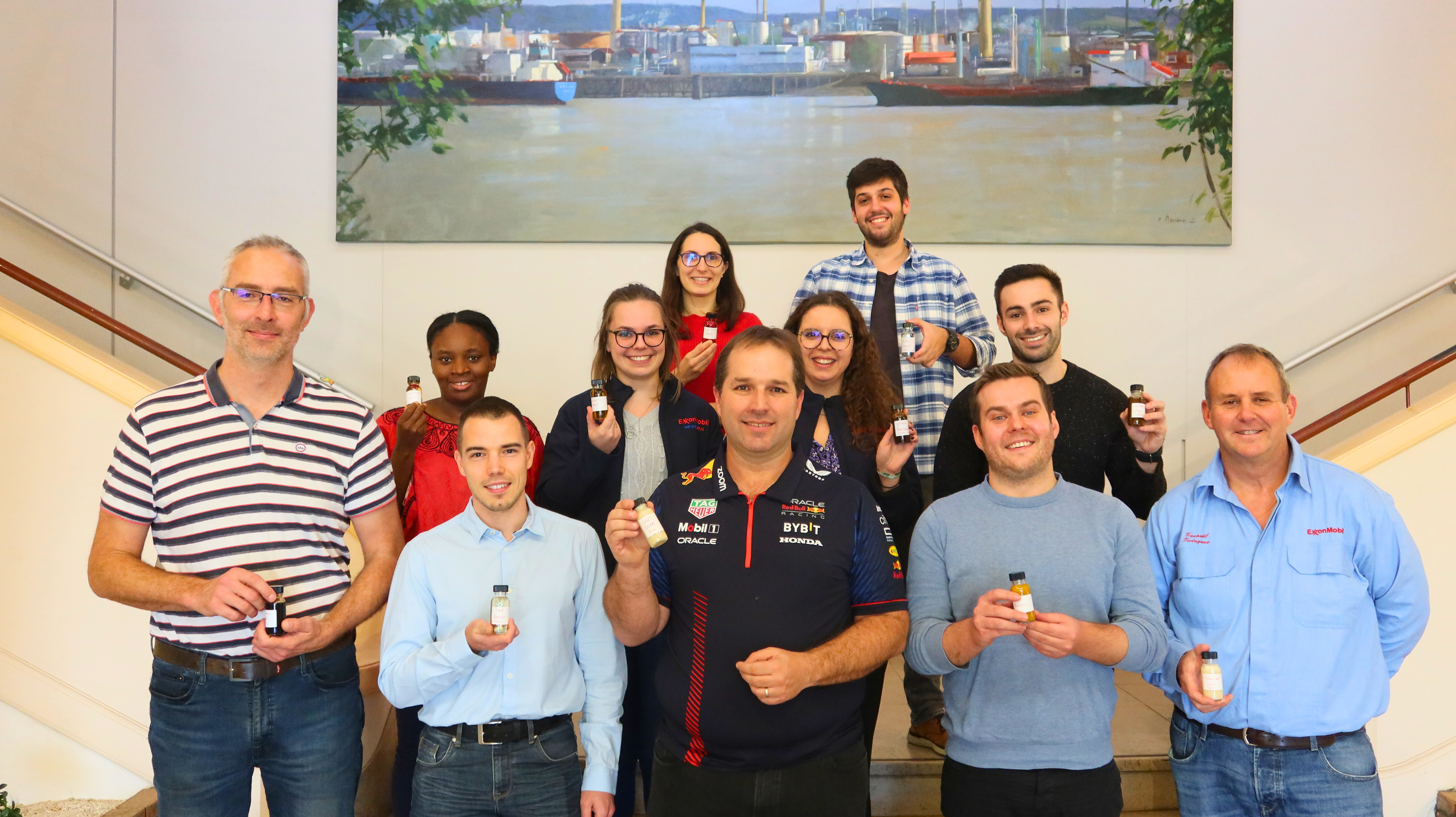
Explore more

From lab to track: our LEFs power Red Bull KTM Factory Racing
- ExxonMobil is Red Bull KTM Factory Racing’s official fuel and lubricant provider.
- Our science and technology expertise allows us to deliver custom, advanced products.
- For the 2024 season, we developed a unique lower-emission fuel.
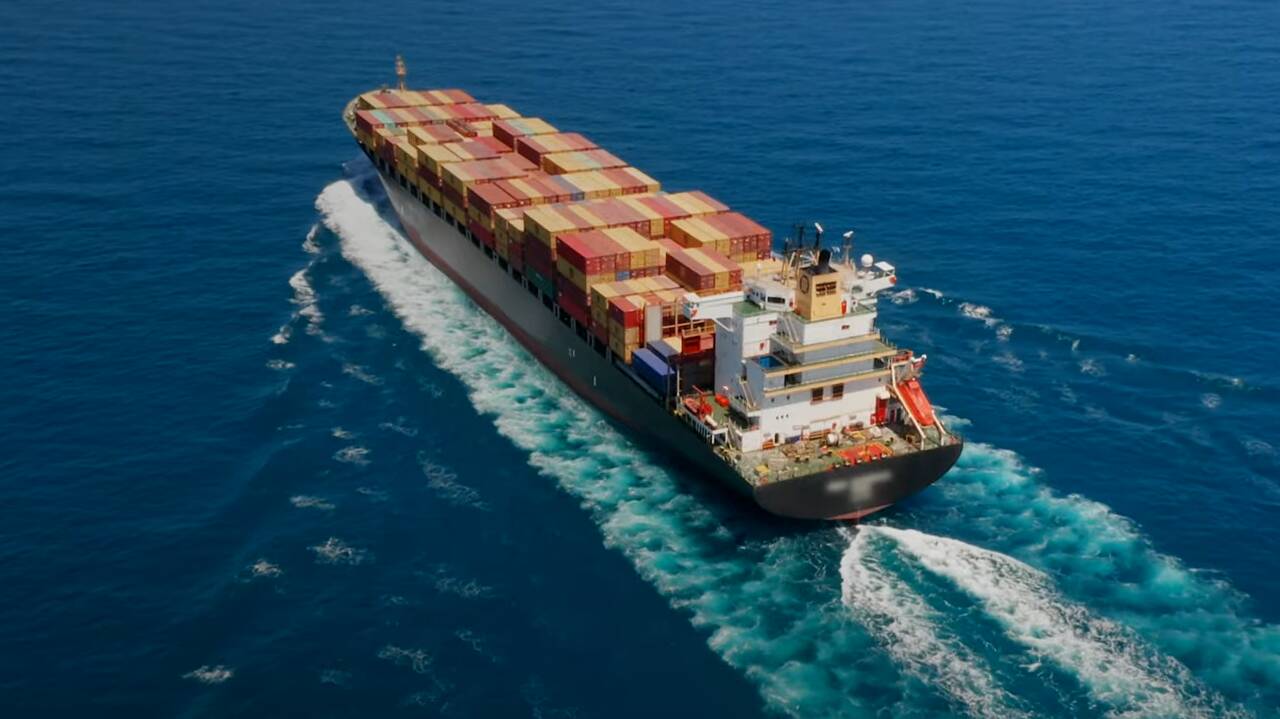
Can ships run on biofuel?
Key takeaways:
- The shipping industry produces around 3% of global greenhouse gas emissions, and our biofuels are helping reduce emissions in what is a hard-to-decarbonize sector.
- Biofuels – lower-emission fuels from renewable sources such as plant and waste biomass – are important to reducing emissions in the industry.
- In 2022 and 2023 we delivered very low sulphur fuel oil to ships in the Port of Singapore.

Expert spotlight: Brianne Kanach - from intern to advancing lower-emission fuels
Key takeaways:
- The American Fuel & Petrochemical Manufacturers featured Brianne in their We Make Progress campaign, celebrating her contribution to the industry.
- Some of the LEFs we've tested can potentially reduce lifecycle GHG emissions by 20-75% vs conventional fuels.
- Liquid fuels can pack more energy than other options and can be used in existing vehicles.
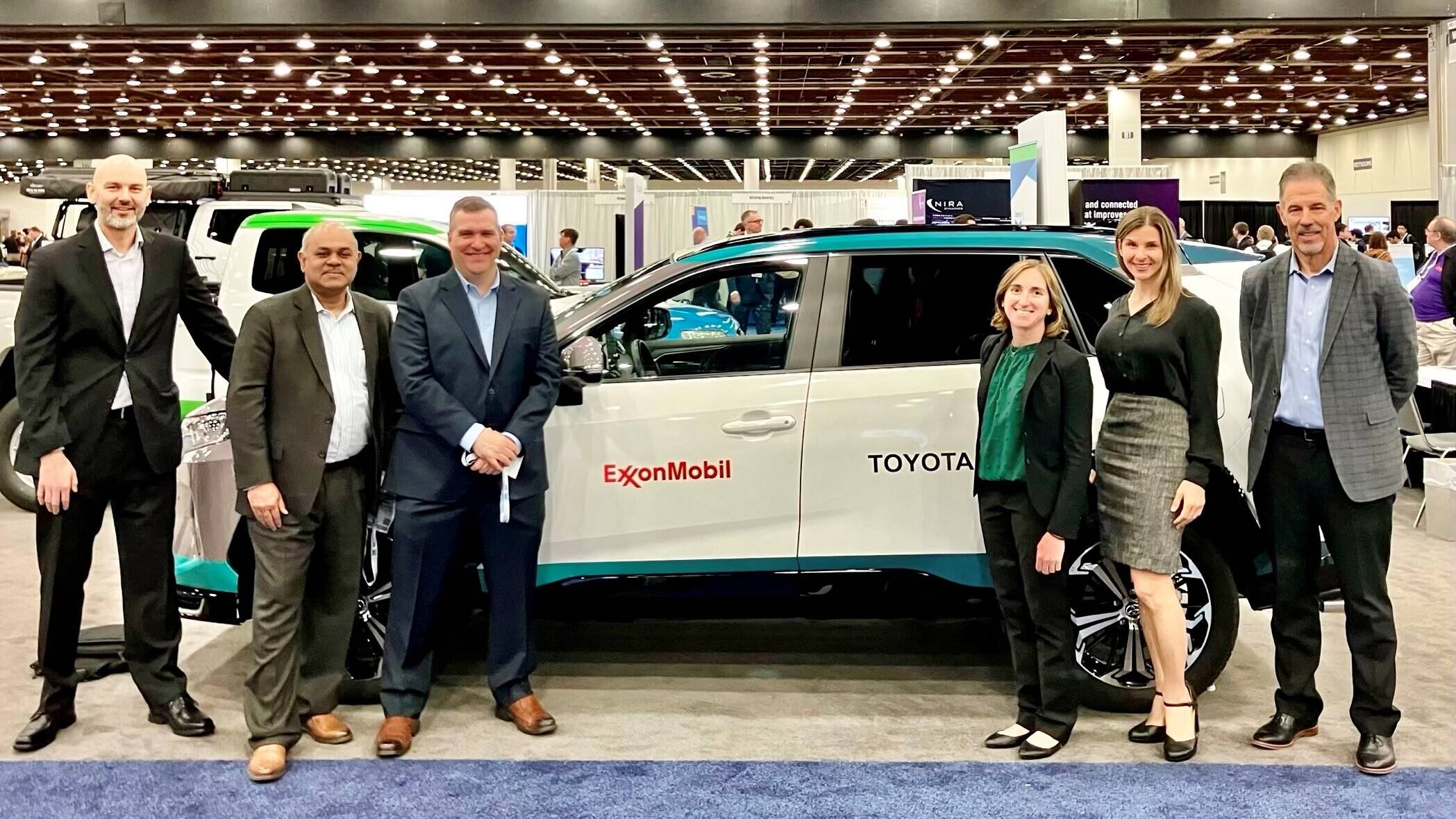
Fueling America's future with Toyota
Key takeaways:
- Lower greenhouse gas (GHG) emission liquid fuels hold promise.
- They seamlessly integrate with existing infrastructure and vehicles.
- With supportive policy, they could complement electric vehicles.

Co-processing: Making tomorrow’s fuel with today’s facilities
Key takeaways:
- Co-processing can accelerate the path to a lower-carbon future.
- This technology can use our existing infrastructure to produce more lower-emission fuels (LEFs).
- With policy support, co-processing can help meet rising demand for LEFs.
